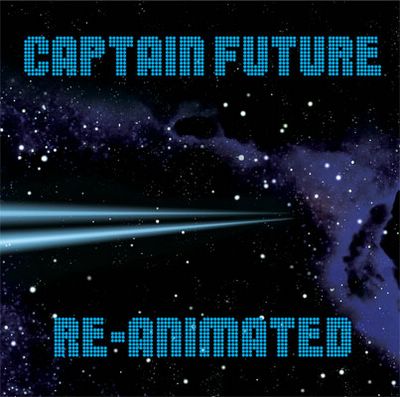Growing Character
How I approached 60 was helped specifically and principally by three sources: an article by Michael Ventura (also unfortunately behind a
pay wall) and two books which I highly recommend to all Boomers:
America the Wise (also called
Longevity Generation in paperback) by Theodore Roszak, and
The Force of Character by James Hillman.
The Ventura article was a dose of cold, cold water: Sixty is not middle age, he says, it’s the beginning of old age, and much of the work of old age is saying goodbye. It took awhile, but I accepted the truth of this. And one of the things I am saying goodbye to is career. Career is movement: forward and up being the desired directions. But the time for that is over. The world says so (as I’ve learned the hard way, nobody hires anyone over 50 if they can help it) and time says so, as in not enough of it.
But as I soon realized, this is also liberating. It’s like losing your hair or turning gray—for years it is a source of anxiety and fear. And then it happens: goodbye. The anxiety is over. Now it’s you. The same with career, and measuring success and failure. I’m this much a success, and that much a failure. But really, so what? Goodbye to the anxiety.
Goodbye to trying to make a career by exagerating one part of myself and making the rest of me look as much like everyone else as possible. Goodbye. Goodbye to looking at everything I do as needing to lead to something else. Now everything is what it is.
I have three modest gigs now which make modest demands, with modest challenges and a modest amount of fun, and they may bring in just enough money for current needs (no health insurance, of course.) I still have dreams of accomplishment, but modest expectations. We’ll see what happens.
But beyond saying goodbye, what is different about this new age of old age I’m entering? Roszak tells me to remember the dreams of my generation, the power of our numbers, and the natural impulses of getting older than can help make a better world. Hillman agrees, and adds that this Act III in the theatre of my life is itself a fulfillment, of character.
“Character traits include vices and virtues,” Hillman writes. “They do not define character. Character defines them.” Character is our uniqueness, as we express it and as it is seen in the world. “Character is presentational.”
Character is the shape of soul. Without the inflation of early ages, we are forced to accept ourselves, good and bad, with consequences pleasant and painful. We are no one’s ideal. “I walk through life oddly,” Hillman writes. “No one else walks as I do, and this is my courage, my dignity, my integrity, my morality, and my ruin.”
There are characteristics that come with becoming an elder. We must take responsibility for the past and we feel the responsibility of the future. In the role of grandparents (actual or metaphorical), we set our sights on the future we will not see.
“Before we leave,” Hillman writes, “we need to uphold our side of the compact of mutual support between human being and the being of the planet, giving back what we have taken, securing its lasting beyond our own.”
“In later years feelings of altruism and kindness to strangers plays a larger role…Values come under more scrutiny, and qualities such as decency and gratitude become more precious than accuracy and efficiency.”
What we say goodbye to as we age also reveals some hellos: hello perhaps to some sharper memories from the distant past. Hello to insights as well as embarrassments. Hello to other worlds. "Discovery and promise do not belong solely to youth;" Hillman insists, "age is not excluded from revelation." Indeed, if the theatre is any guide, Act III is when it's more likely to happen.
Act III is not just the end, it’s the resolution. But there’s something else about it that’s important: the character has lived through Acts I and II. We carry our history and the history we’ve experienced, not only in the weight and reference of our words, but in ourselves. I am all that I am, including the heroes of my youth, and those that gave me the imagery of my middle years (like the fourth Doctor), and those that inform me now. (Captain Picard, I presume.)








